Advog 0.2 Tablet 10's
MRP ₹103
(Inclusive of all Taxes)
₹15.4 Cashback (15%)
Provide Delivery Location
Online payment accepted
 Prescription drug
Prescription drugWhats That
Composition :
Manufacturer/Marketer :
Consume Type :
Expires on or after :
Return Policy :
About Advog 0.2 Tablet
Advog 0.2 Tablet belongs to the group of anti-diabetic medicines called alpha-glucosidase inhibitors used to treat type-2 diabetes mellitus. Advog 0.2 Tablet is prescribed for the condition of type 2 diabetes when diet and exercise alone cannot control their blood sugar levels. Type-2 diabetes mellitus is also known as non-insulin-dependent diabetes. Diabetes is a medical condition in which blood glucose levels are above normal.
Advog 0.2 Tablet contains 'Voglibose' that works by inhibiting the intestinal enzymes responsible for breaking complex sugars into simple sugars like glucose. Thereby, it helps in preventing blood glucose levels from rising immediately after meals.
You are advised to take Advog 0.2 Tablet for as long as your doctor has prescribed it for you, depending on your medical condition. In some cases, Advog 0.2 Tablet may cause common side-effects such as abdominal pain, diarrhoea, flatulence (gas), skin reactions, heartburn, nausea, and vomiting. Most of these side effects do not require medical attention and will resolve gradually over time. However, you are advised to consult your doctor if you experience these side effects persistently.
Please do not skip any doses or stop taking Advog 0.2 Tablet suddenly without consulting your doctor as it may lead to increased blood glucose levels. Consult your doctor if you are pregnant or breastfeeding. Advog 0.2 Tablet should not be given to children unless prescribed by a doctor. Avoid alcohol consumption while taking Advog 0.2 Tablet as it might increase side effects. Inform your doctor about all the medicines you are taking and your health condition to rule out any unpleasant side effects.
Uses of Advog 0.2 Tablet
Directions for Use
Key Benefits
Advog 0.2 Tablet belongs to the group of anti-diabetic medicines called alpha-glucosidase inhibitors. Advog 0.2 Tablet is used to treat type-2 diabetes mellitus. Advog 0.2 Tablet is prescribed for the condition of type 2 diabetes when diet and exercise alone cannot control their blood sugar levels. Advog 0.2 Tablet works inhibiting the intestinal enzymes responsible for breaking complex sugars into simple sugars like glucose. Thereby, it helps in preventing blood glucose levels from rising immediately after meals.
Storage
- Inform Your Doctor: Notify your doctor immediately about your diarrhoea symptoms. This allows them to adjust your medication or provide guidance on managing side effects.
- Stay Hydrated: Drink plenty of fluids to replace lost water and electrolytes. Choose water, clear broth, and electrolyte-rich drinks. Avoid carbonated or caffeinated beverages to effectively rehydrate your body.
- Follow a Bland Diet: Eat easy-to-digest foods to help firm up your stool and settle your stomach. Try incorporating bananas, rice, applesauce, toast, plain crackers, and boiled vegetables into your diet.
- Avoid Trigger Foods: Steer clear of foods that can worsen diarrhoea, such as spicy, fatty, or greasy foods, high-fibre foods, and dairy products (especially if you're lactose intolerant).
- Practice Good Hygiene: Maintain good hygiene to prevent the spread of infection. To stay healthy, wash your hands frequently, clean and disinfect surfaces regularly, and avoid exchanging personal belongings with others.
- Take Anti-Diarrheal Medications: If your doctor advises, anti-diarrheal medications such as loperamide might help manage diarrhoea symptoms. Always follow your doctor's directions.
- Keep track of your diarrhoea symptoms. If they don't get better or worse or are accompanied by severe stomach pain, blood, or dehydration signs (like extreme thirst or dark urine), seek medical help.
- Drink water or other clear fluids.
- To prevent worsening of pain, limit intake of tea, coffee, or alcohol.
- Include bland foods like rice, toast, crackers, and rice in your diet.
- Avoid lying down immediately after eating as it may cause indigestion or heartburn.
- Avoid acidic and spicy food as it may cause indigestion.
- Inform your doctor about your constipation symptoms. They may adjust your medication or advise alternative treatments.
- Stay hydrated by drinking sufficient of water (at least 8-10 glasses a day) to help soften stool and promote bowel movements.
- Increase fibre intake by eating foods high in fibre, such as fruits, whole grains, vegetables and legumes, to help bulk up the stool.
- Establish a bowel routine by trying to go to the bathroom at the same time each day to train your bowels.
- Engaging in regular exercise, like walking or yoga, can support in bowel movement stimulation.
- Consult your doctor if constipation persists, and discuss alternative treatments or adjustments to your medication.
- Inform your doctor about the nausea and discuss possible alternatives to the medication or adjustments to the dosage.
- Divide your daily food intake into smaller, more frequent meals to reduce nausea.
- Opt for bland, easily digestible foods like crackers, toast, plain rice, bananas, and applesauce.
- Avoid certain foods that can trigger nausea, such as fatty, greasy, spicy, and smelly foods.
- Drink plenty of fluids, such as water, clear broth, or electrolyte-rich beverages like coconut water or sports drinks.
- Use ginger (tea, ale, or candies) to help relieve nausea.
- Get adequate rest and also avoid strenuous activities that can worsen nausea.
- Talk to your doctor about taking anti-nausea medication if your nausea is severe.
- Record when your nausea occurs, what triggers it, and what provides relief to help you identify patterns and manage your symptoms more effectively.
Drug Warnings
Inform your doctor if you have diabetic ketoacidosis, inflammatory bowel disease (IBD), intestine ulcer or partial intestinal obstructions, disturbance in digestion and absorption, kidney and liver problems. Consult your doctor if you are pregnant or breast-feeding. Advog 0.2 Tablet should not be given to children unless prescribed by a doctor. Avoid alcohol consumption while taking Advog 0.2 Tablet as it might increase side effects. Inform your doctor about all the medicines you are taking and your health condition to rule out any unpleasant side effects.
Drug-Drug Interactions
Drug-Drug Interactions
Login/Sign Up
Drug-Food Interactions
Drug-Food Interactions
Login/Sign Up
Diet & Lifestyle Advise
- Include foods rich in healthy carbohydrates and fiber, fruits, whole grains, and vegetables in your diet.
- Try eating food at regular intervals. Do not skip meals. Also, try not to overeat.
- Follow a healthy diet and walk for at least 45minutes to compliment treatment with Advog 0.2 Tablet .
- Maintain a healthy weight by exercising regularly.
- Rest properly, avoid stress by doing meditation or yoga.
Side Effects of Advog 0.2 Tablet
- Abdominal pain
- Diarrhoea
- Flatulence (wind)
- Skin reactions
- Heartburn
- Nausea
- Vomiting
Habit Forming
Therapeutic Class
All Substitutes & Brand Comparisons
RX
Vogs 0.2 Tablet 30's
Systopic Laboratories Pvt Ltd
₹75.5
(₹2.27 per unit)
75% CHEAPERRX
Starvog 0.2 Tablet 10's
Merck Ltd
₹47.5
(₹4.28 per unit)
53% CHEAPERRX
Voglimit-0.2 Tablet 15's
Vaks Pharma Pvt Ltd
₹101.5
(₹6.09 per unit)
34% CHEAPER
Author Details
We provide you with authentic, trustworthy and relevant information
Drug-Diseases Interactions
Drug-Diseases Interactions
Login/Sign Up
FAQs
Drug-Drug Interactions Checker List
- EPINEPHRINE
- THEOPHYLLINE
- ASPIRIN
- WARFARIN
Special Advise
- Regularly monitor blood glucose levels while taking Advog 0.2 Tablet .
- Try not to skip any doses and take Advog 0.2 Tablet for as long as your doctor has prescribed it for you.
- Your doctor may advise you to get regular tests to check for liver functioning.
Disease/Condition Glossary
Type-2 diabetes mellitus: It is also known as non-insulin-dependent diabetes. It is a chronic or lifelong disease that keeps the body from utilizing insulin properly. Diabetes is a medical condition in which blood glucose levels are above normal. Insulin is the hormone which controls sugar levels in the blood. People with type 2 diabetes either do not produce enough insulin, or the insulin produced cannot perform its function in the body (insulin resistance). Middle-aged or older individuals are most likely to suffer from type 2 diabetes, hence it is also known as adult-onset diabetes. Type 2 diabetes symptoms include lack of energy, tiredness, frequent urination, excess thirst, dry mouth, blurry vision, constant hunger, weight loss, and itchy skin.

Have a query?
Alcohol
Safe if prescribed
You are recommended to avoid alcohol consumption while taking Advog 0.2 Tablet to prevent unpleasant side-effects.
Pregnancy
Consult your doctor
Please consult your doctor if you have any concerns regarding this; your doctor will decide whether pregnant women can take Advog 0.2 Tablet or not.
Breast Feeding
Consult your doctor
Please consult your doctor if you have any concerns regarding this; your doctor will decide whether Advog 0.2 Tablet can be given to breastfeeding mothers or not.
Driving
Safe if prescribed
It is not known if Advog 0.2 Tablet affects your ability to drive. Drive and operate machinery only if you are alert.
Liver
Consult your doctor
Dose adjustment may be needed. Advog 0.2 Tablet should be used with caution in patients with liver impairment/liver disease. Please consult your doctor if you have a liver impairment or any concerns regarding this.
Kidney
Consult your doctor
Dose adjustment may be needed. Advog 0.2 Tablet should be used with caution in patients with kidney impairment/kidney disease. Please consult your doctor if you have kidney impairment or any concerns regarding this.
Children
Safe if prescribed
Advog 0.2 Tablet should not be taken by children unless prescribed by a doctor.
Recommended for a 30-day course: 9 Strips

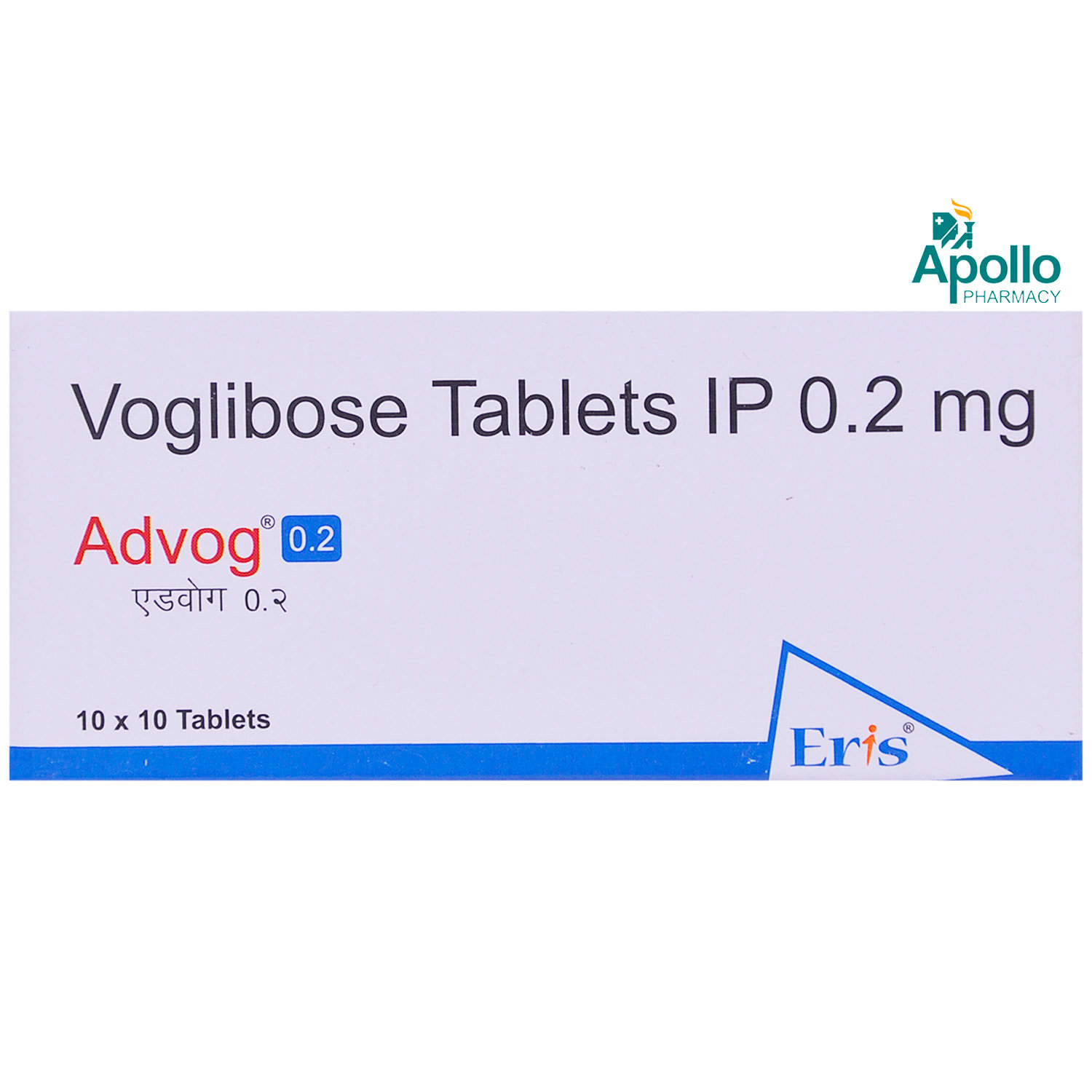
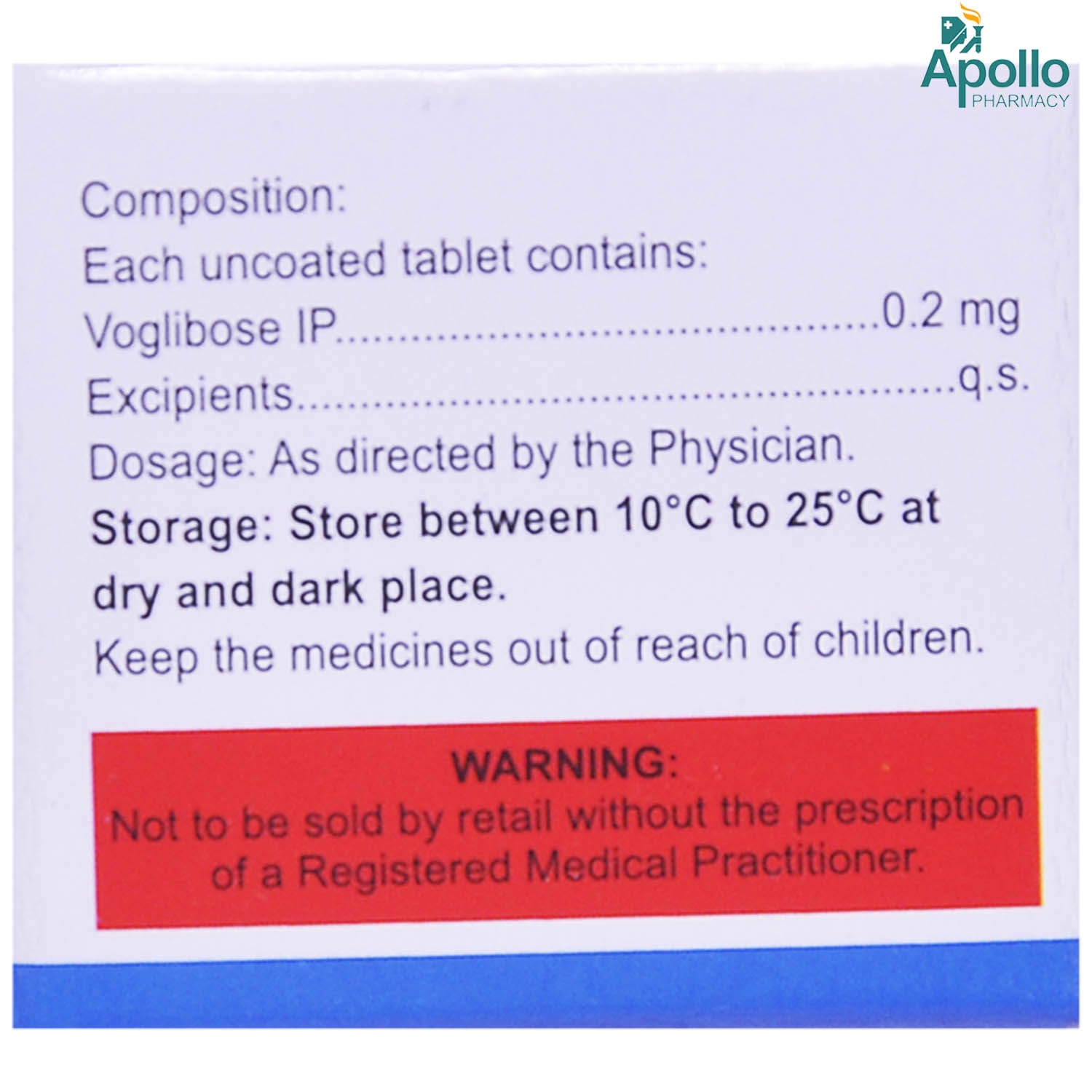
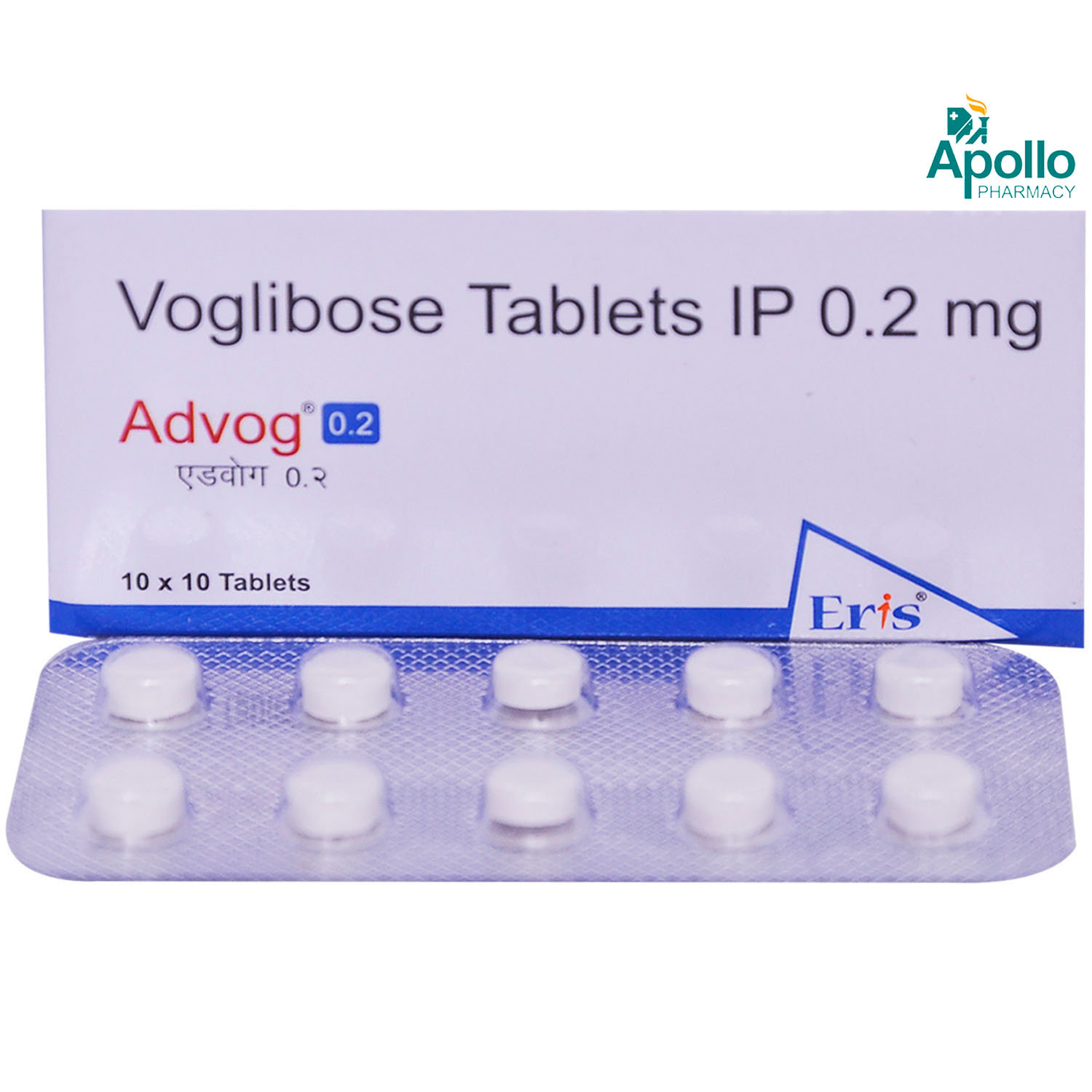
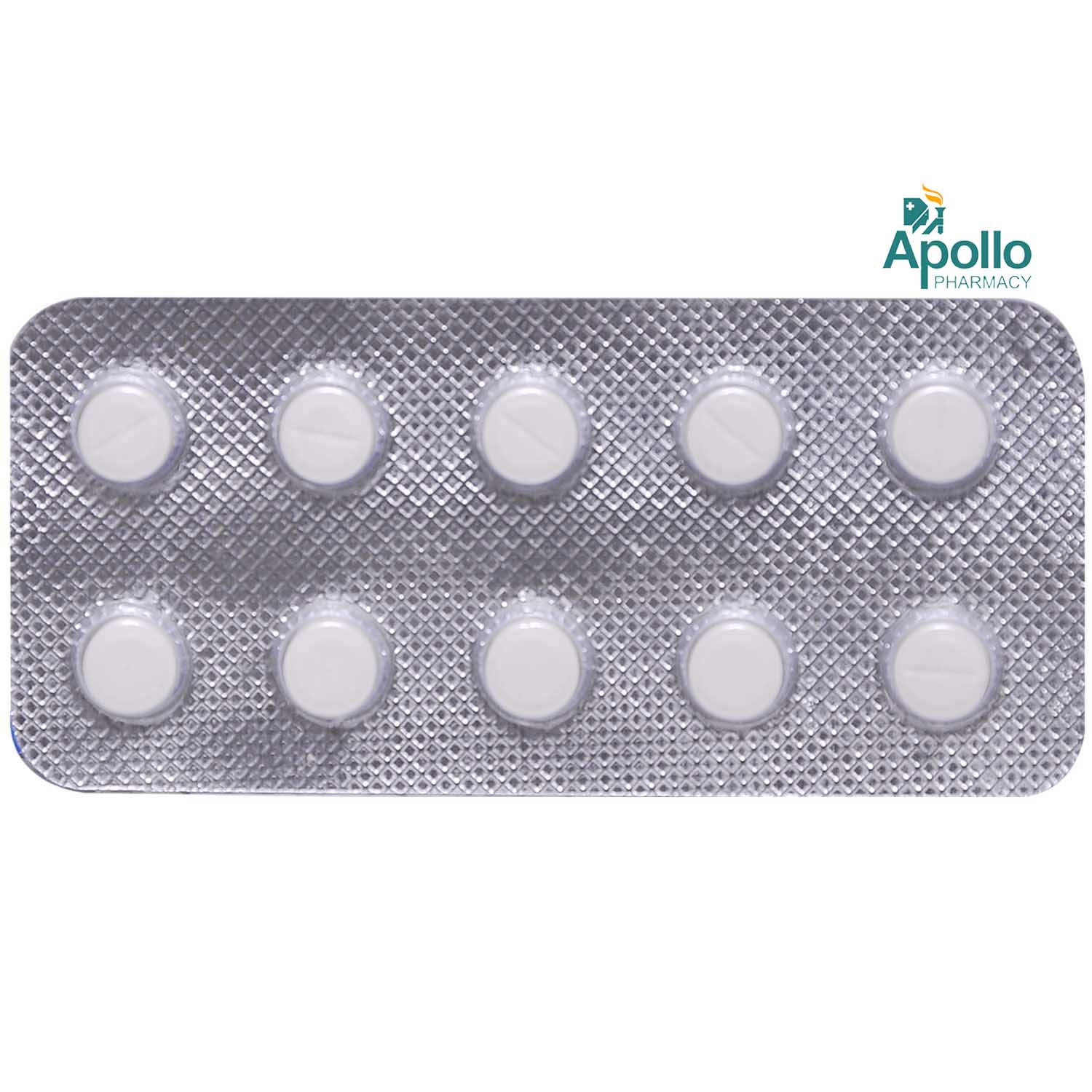
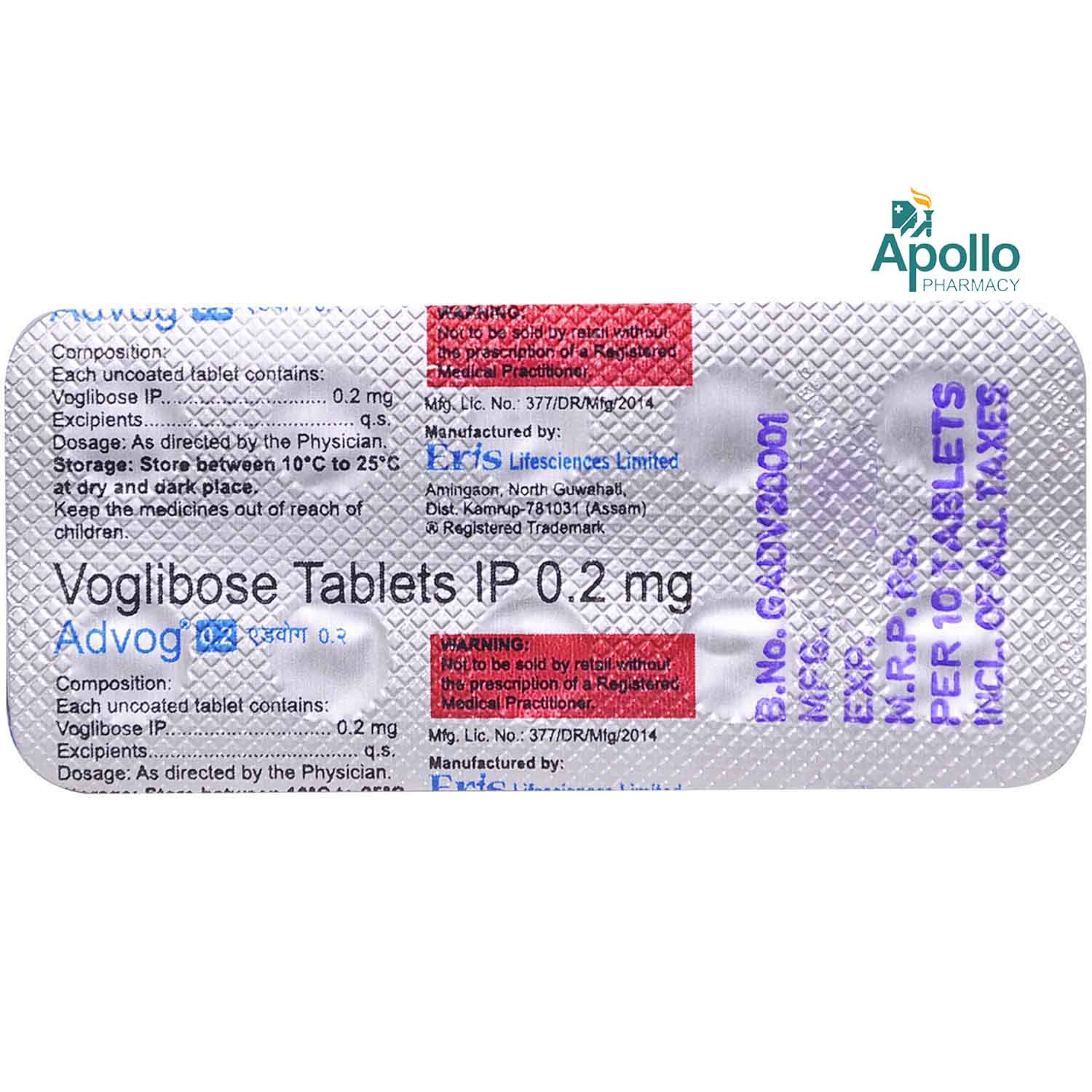






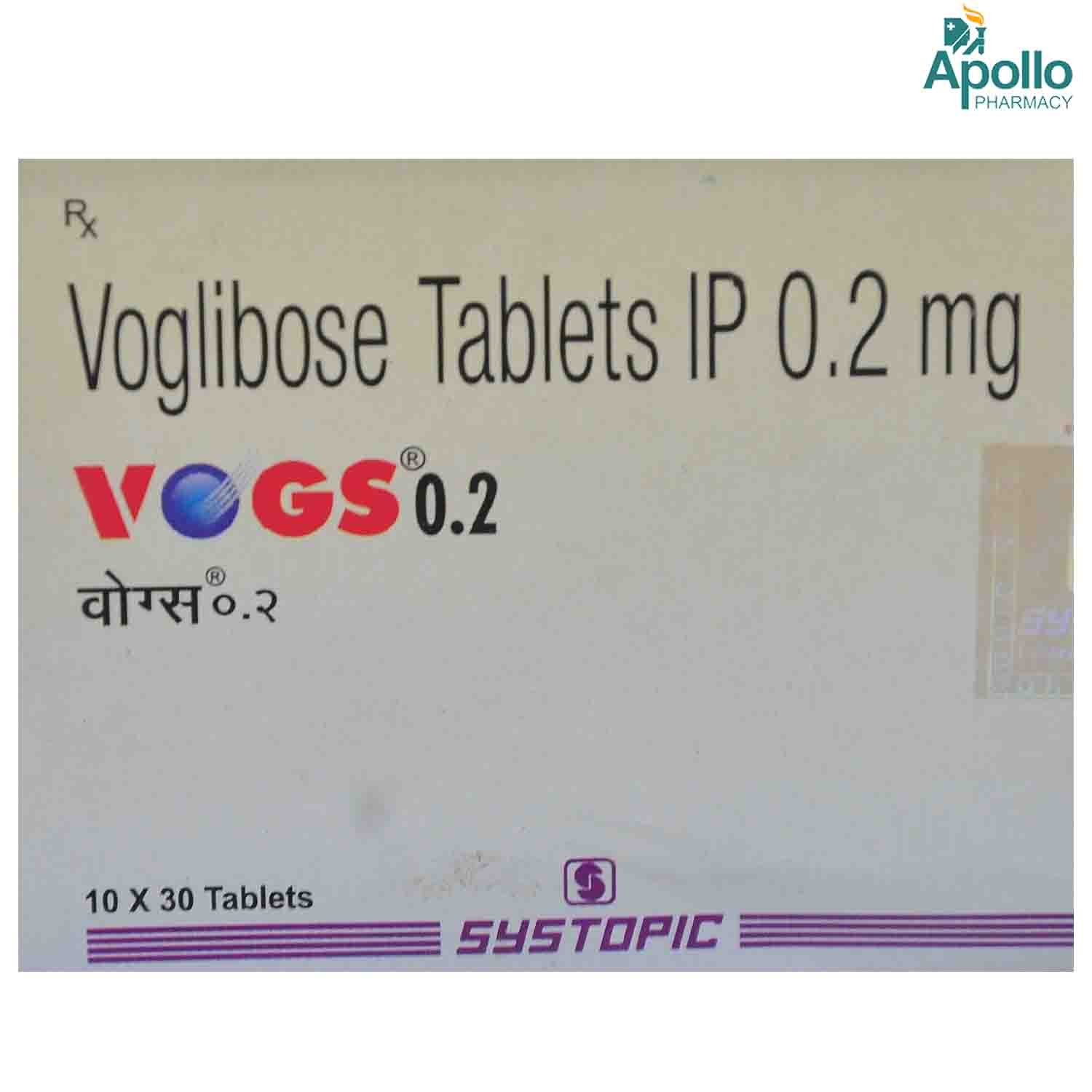



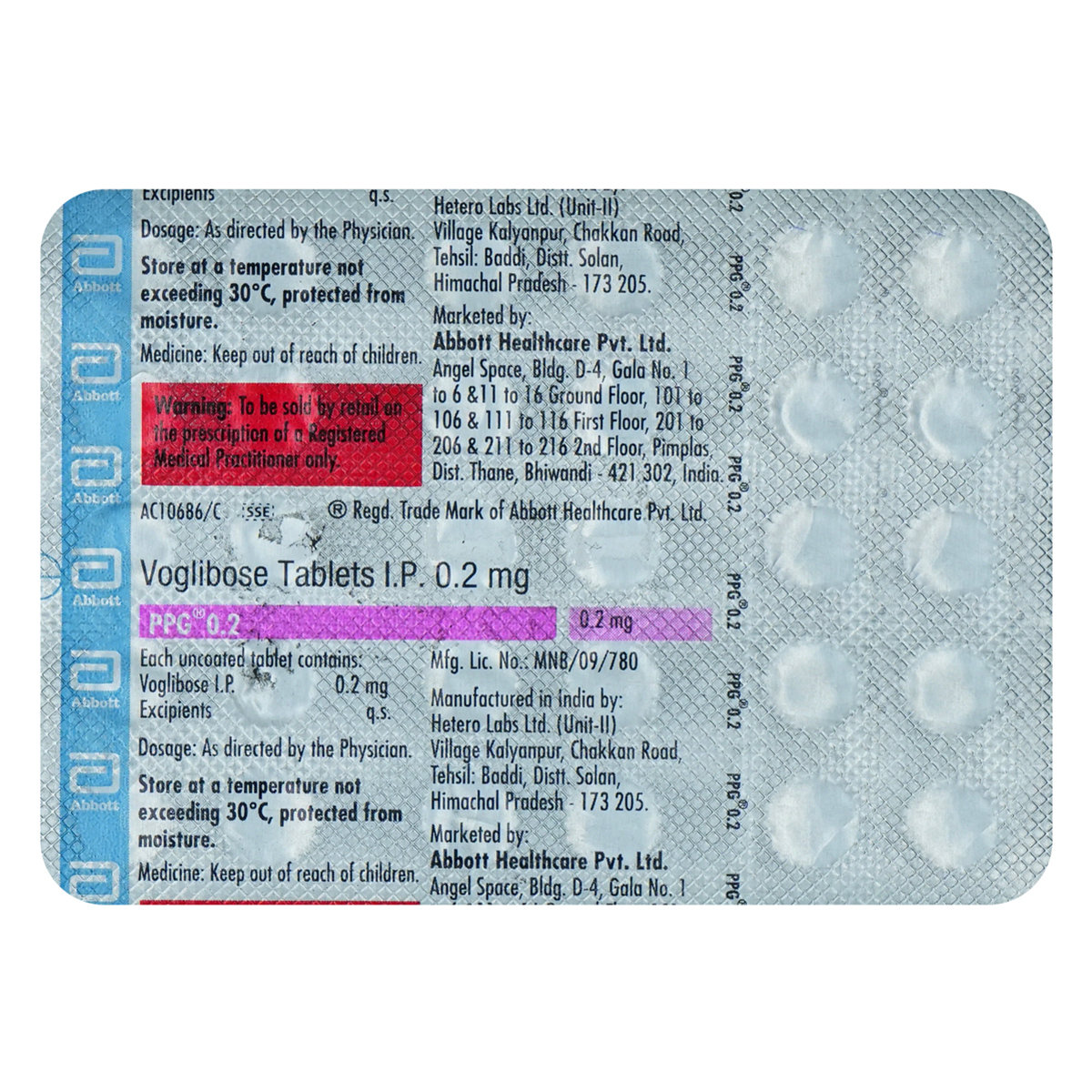

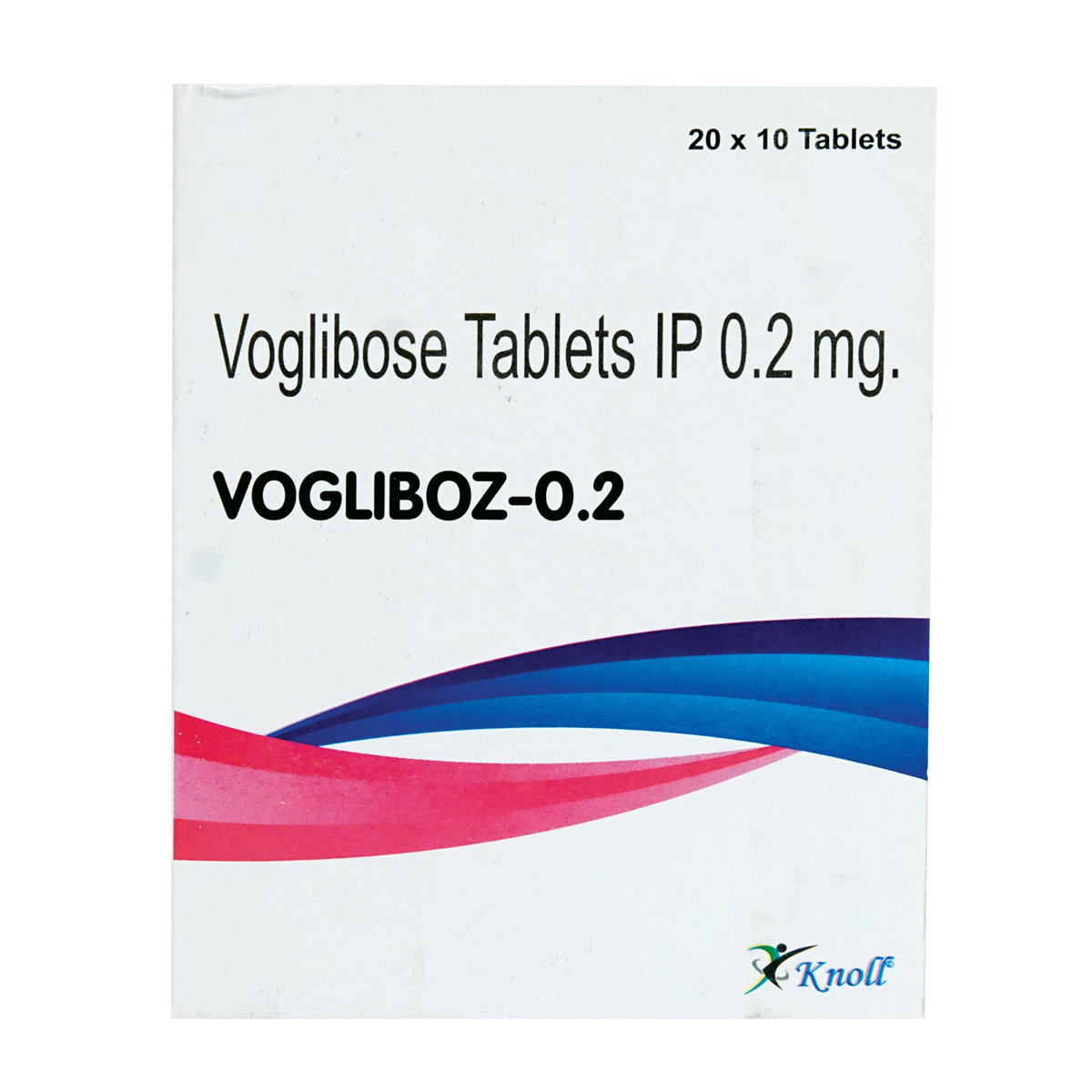
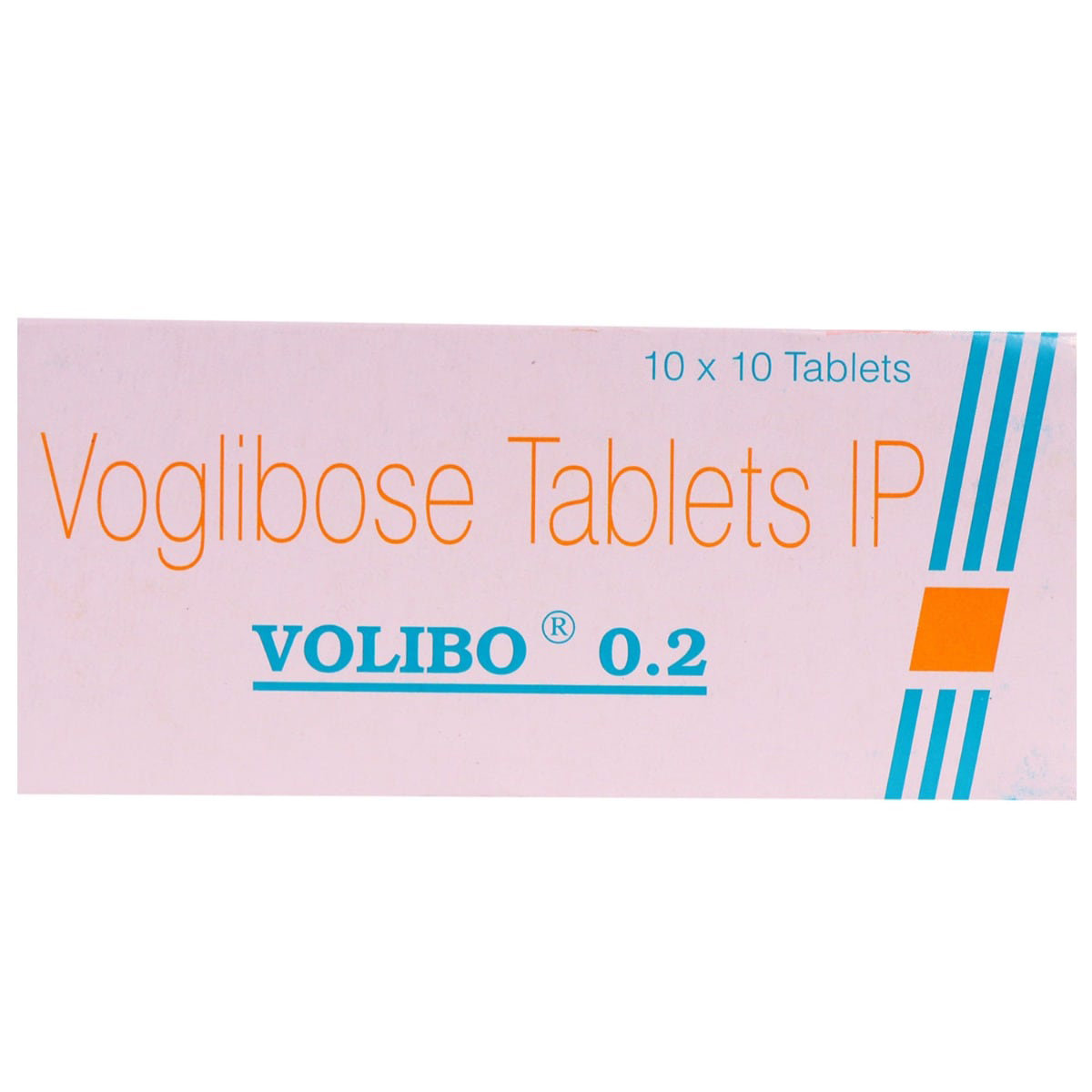
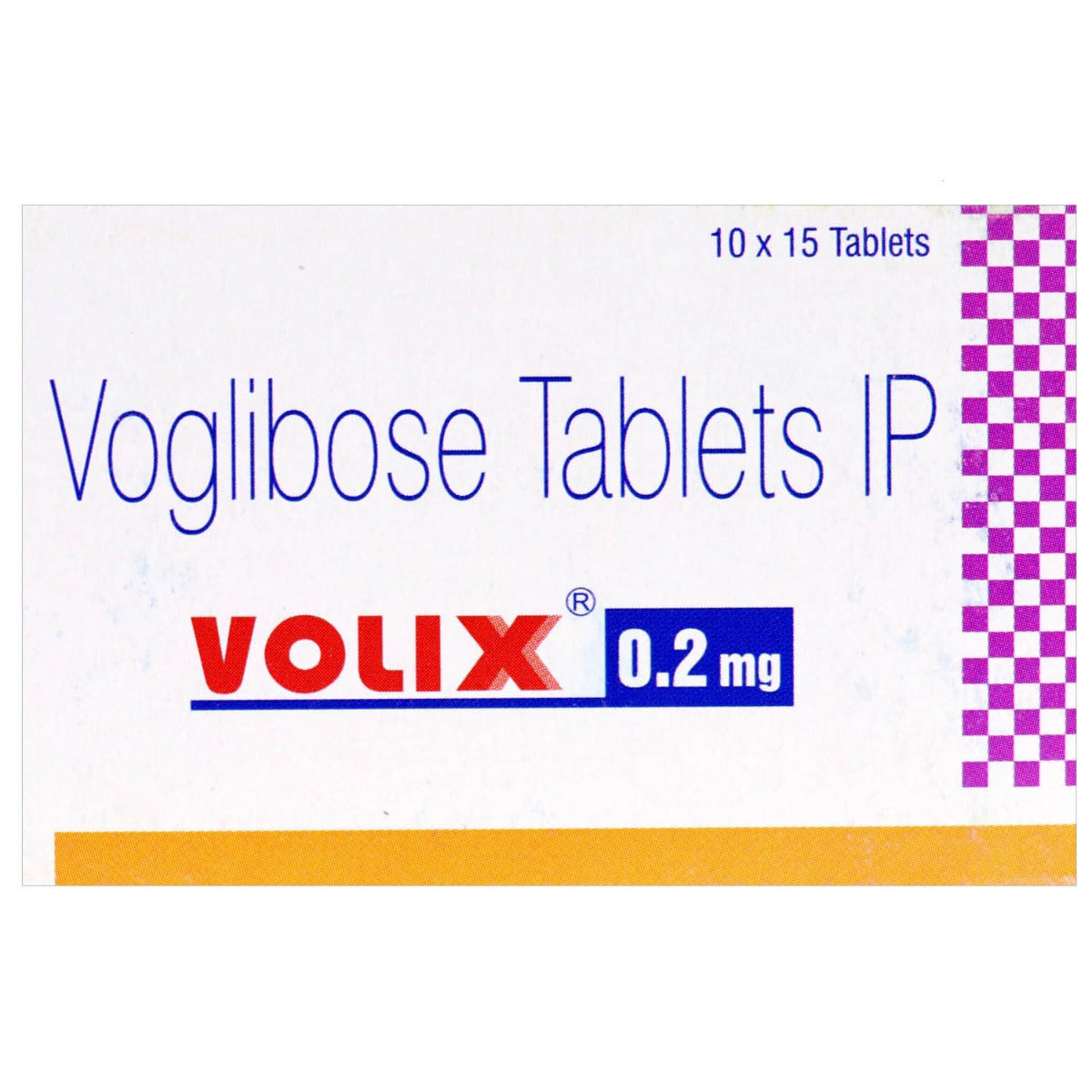
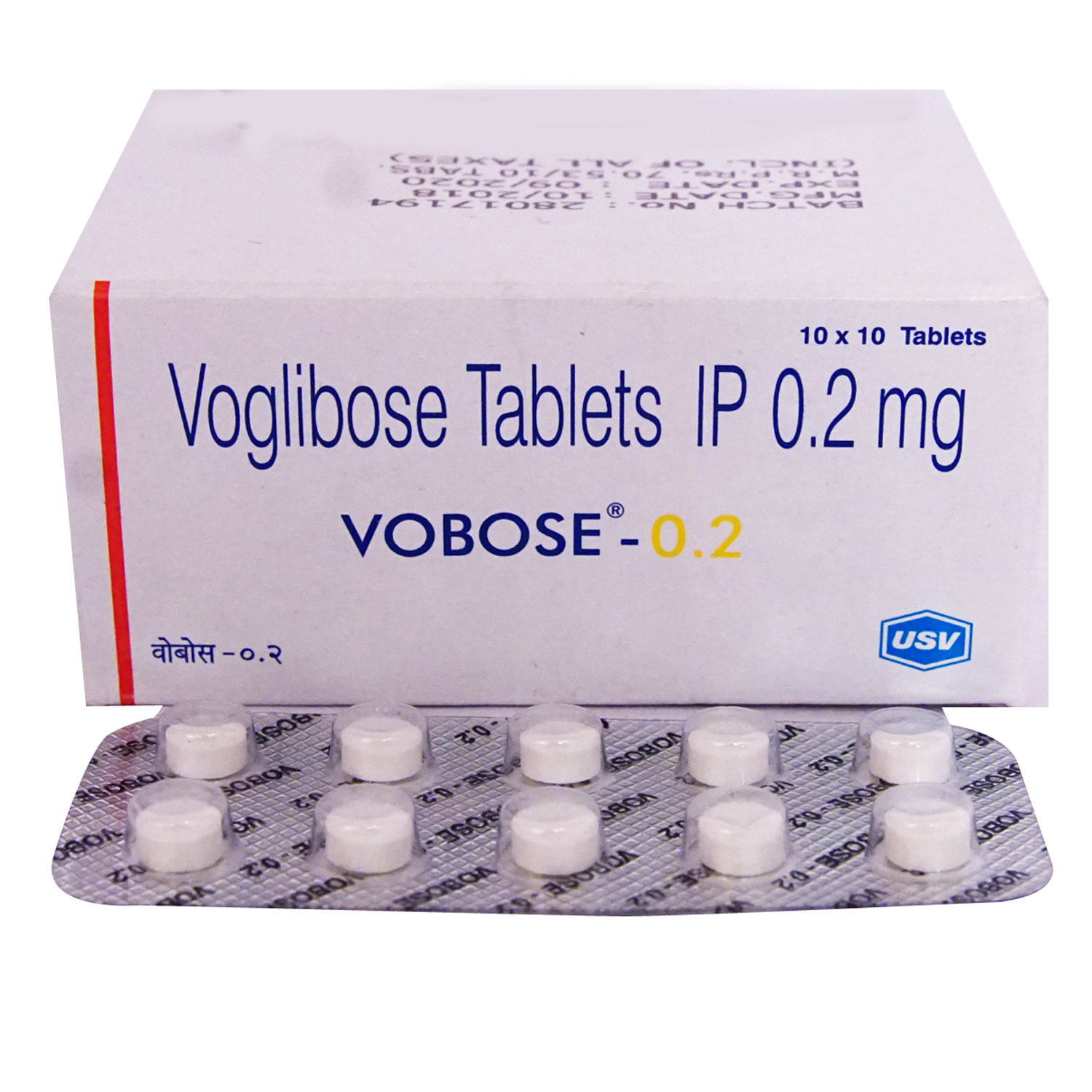
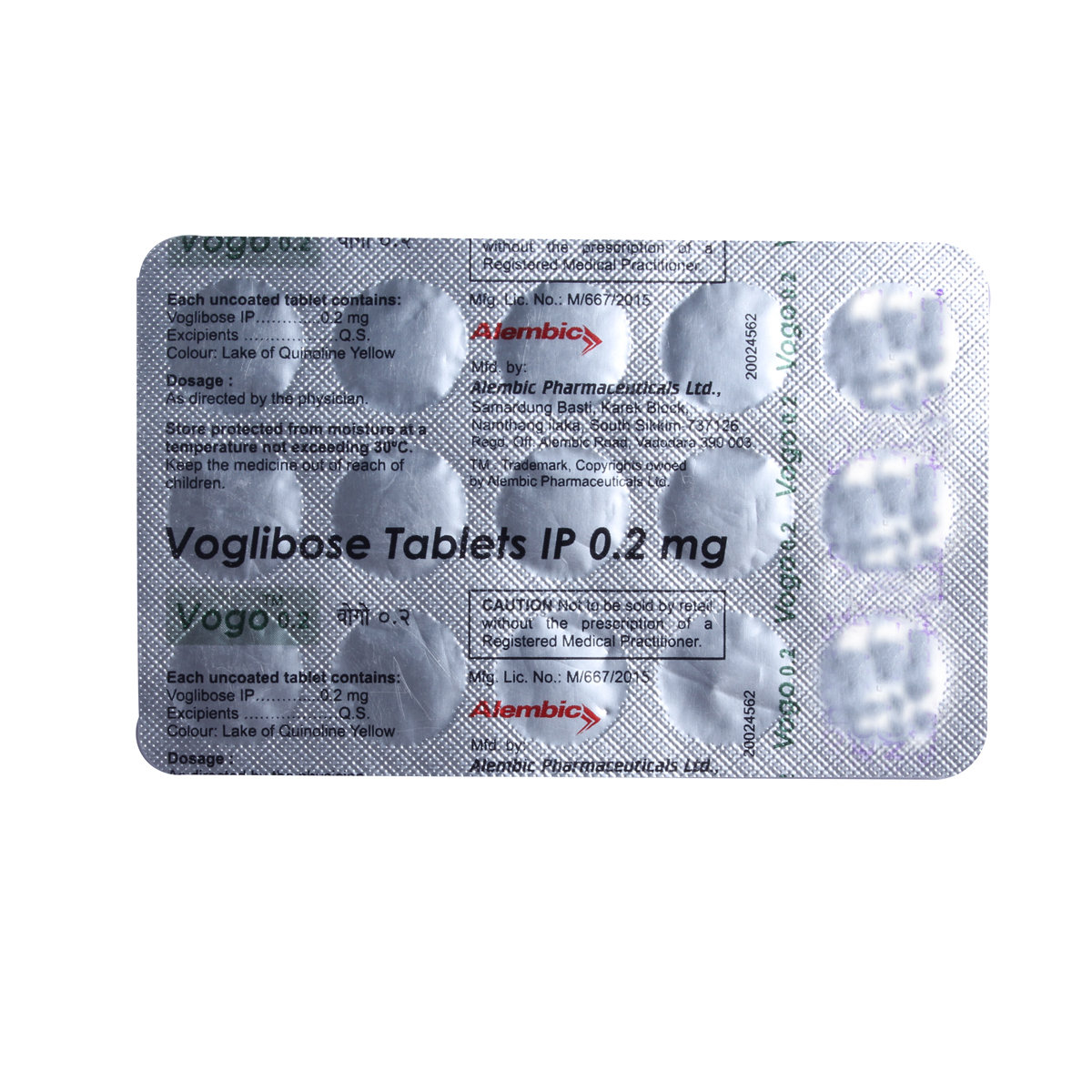
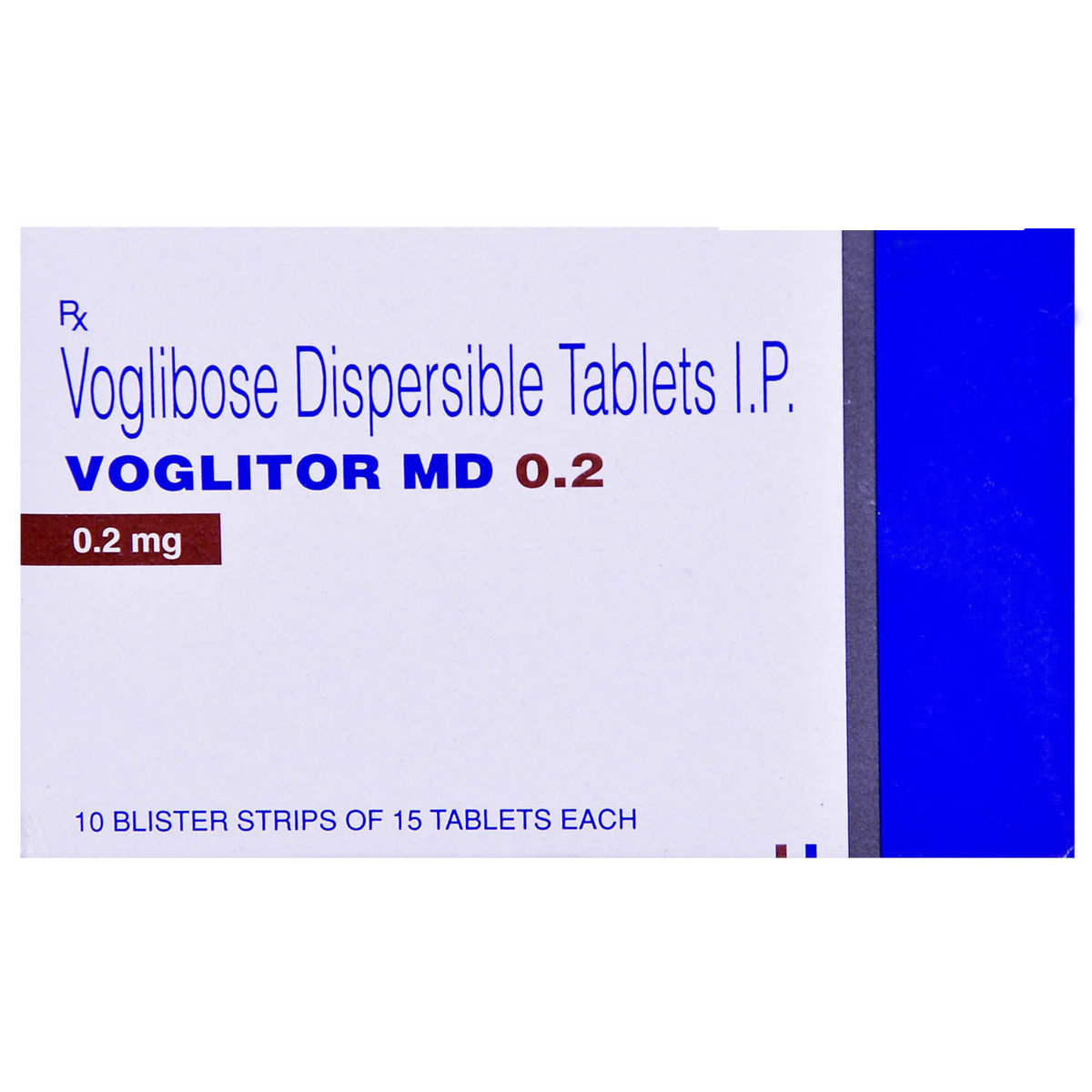
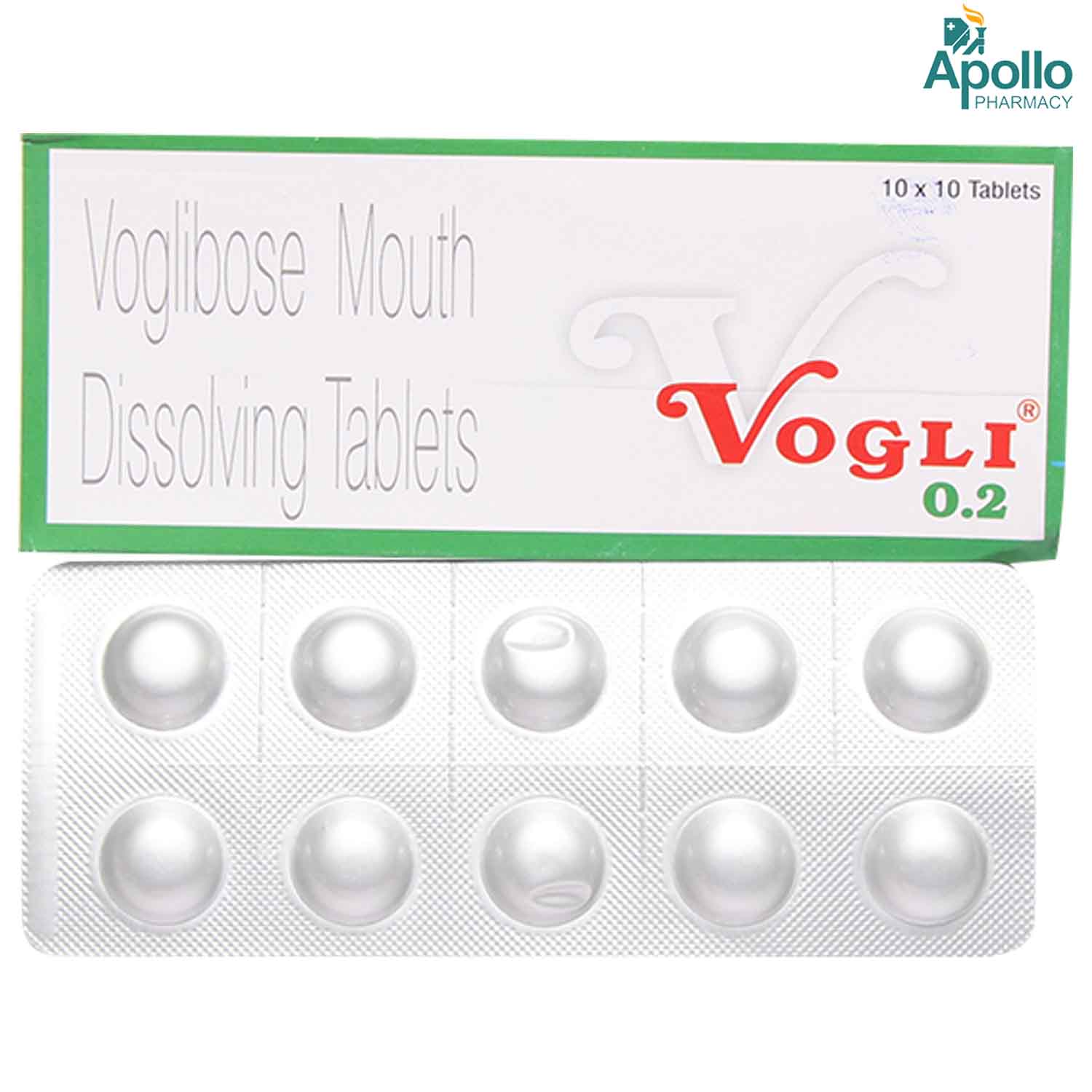

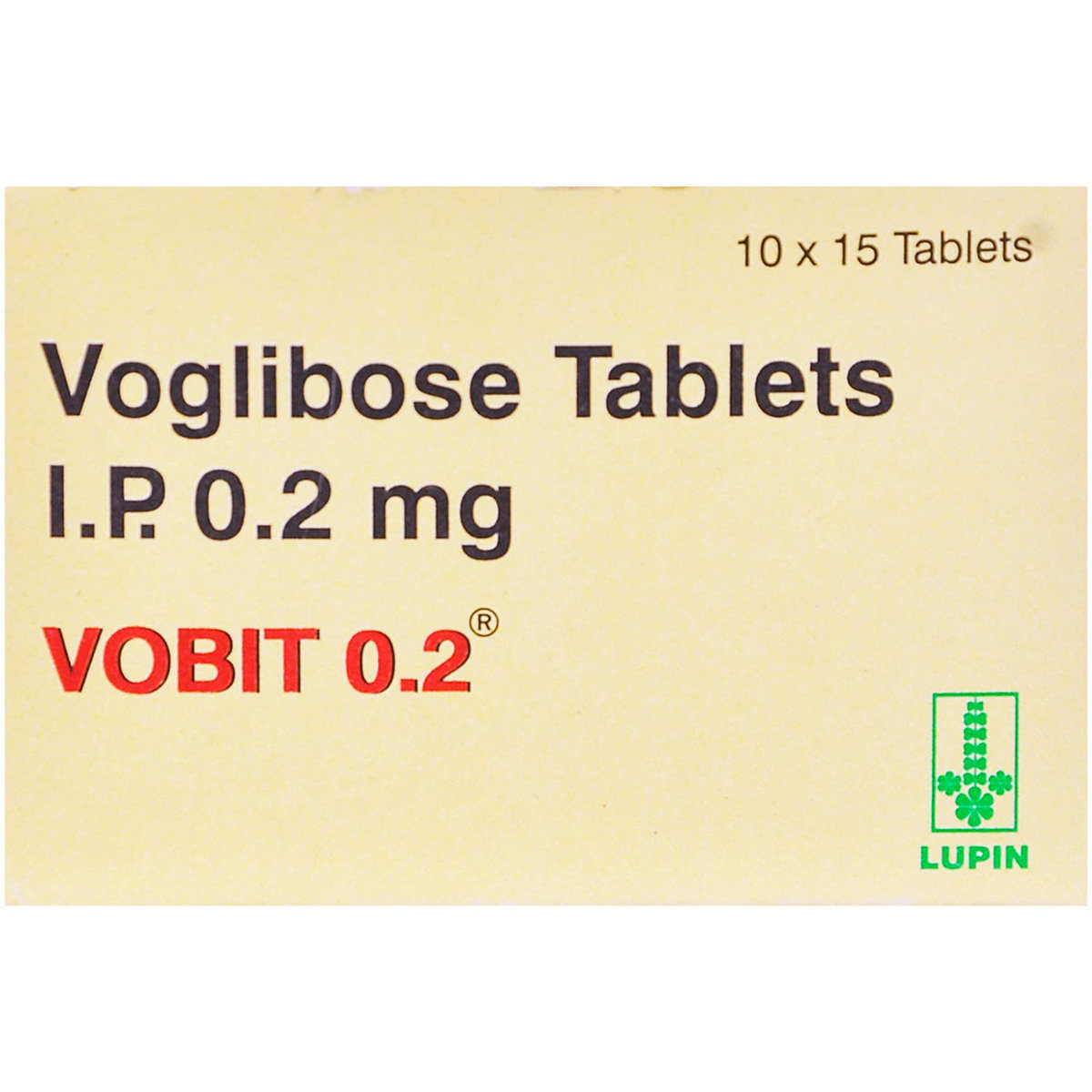

_0.jpg?tr=q-85)

